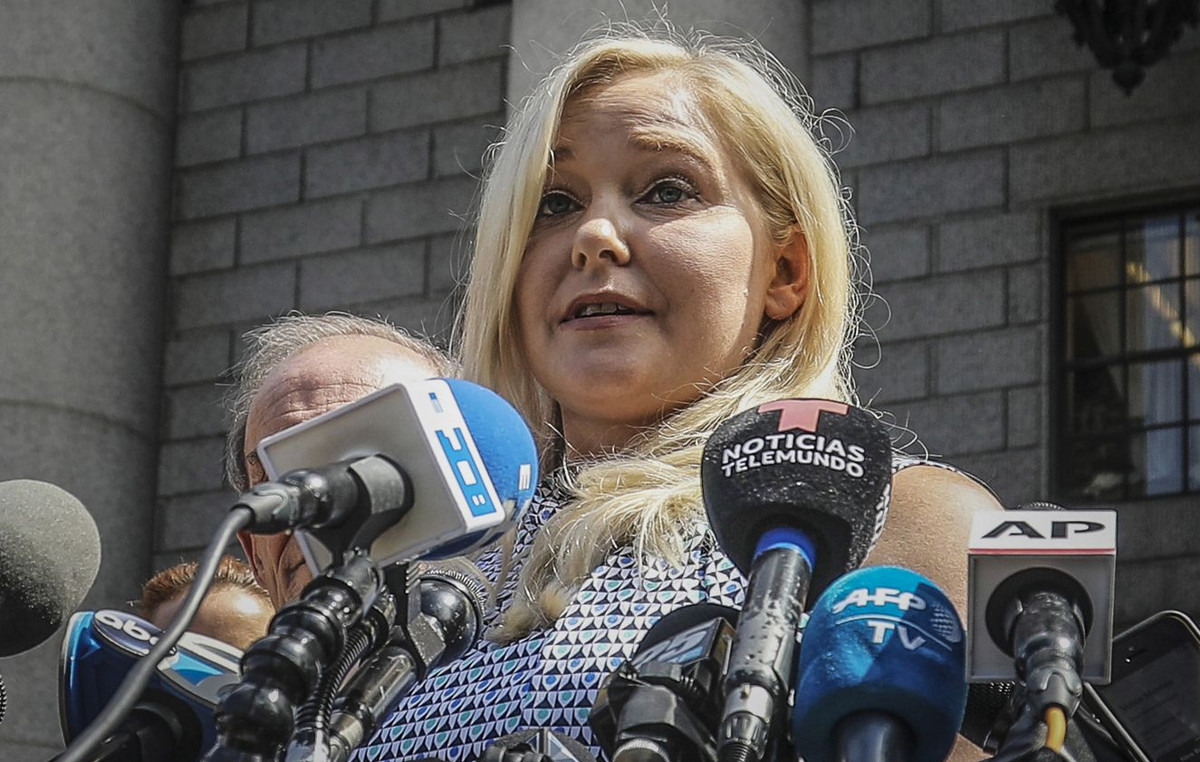The low carbon economy and the resumption of growth and investment will be the challenges of the next government, in the assessment of the National Confederation of Industry (CNI), which proposes a dialogue with the elected president of the Republic, Luiz Inácio Lula da Silva, for the construction of an innovation and technology strategy.
For the entity, the next four years require “union and dialogue” between the public and private sectors and society, also in the so-called climate agenda. The CNI also advocates that the new government accelerate the reform agenda, especially the tax one.
“Many of the economic and social problems are old. Their diagnoses and solutions have already been exhaustively discussed. We now need to focus efforts on addressing these issues. Therefore, following the example of the most developed countries, we defend the adoption of a long-term vision of the country, whose central objectives are innovation, productivity gains and greater insertion of the Brazilian economy in the competitive international market”, evaluates the President of the CNI, Robson Braga de Andrade.
The confederation has already delivered 21 documents to Lula’s campaign on taxes, innovation and sustainability, with a focus on Industry 4.0 and the decarbonization of the economy. According to CNI, these two “revolutions” will determine the future of companies and the progress of nations. The entity recalls that the industry currently accounts for almost 70% of business investments in research and development.
“The climate agenda is broad and offers admirable business possibilities in several areas. However, it requires new technologies and the adoption of appropriate policies for the production of renewable energies and for the sustainable use of our rich biodiversity”, added Andrade.
The CNI also highlights the importance of investments so that basic education and vocational education keep pace with technological developments. For the entity, the new government should give priority to improving the quality of courses so that young people are able to meet the demands of a changing job market, resulting in increased productivity in the economy.
The industrial sector also demands advances in the expansion and modernization of infrastructure and specifically cites the need for effective regulatory measures to promote competition in the natural gas, fuel and electricity market, and increase investments in efficient transport systems. For the CNI, investment in transport needs to jump from the current 0.65% of Gross Domestic Product (GDP) to at least 2% of GDP.
“Our expectation is for dialogue between all sectors of society with the elected government. I am convinced that, with an open and democratic dialogue between the private sector and the public sector, we will be able to make the changes that Brazil so desperately needs to have a more prosperous, environmentally balanced and socially fair future”, concludes Andrade.
Source: CNN Brasil
Joe Jameson, a technology journalist with over 2 years of experience, writes for top online news websites. Specializing in the field of technology, Joe provides insights into the latest advancements in the industry. Currently, he contributes to covering the world stock market.







